3 Daunting Ways Artificial Intelligence Will Transform The World Of Work
2 July 2021
Each industrial revolution has brought with it new ways of working – think of the impact computers and digital technology (the third industrial revolution) have had on how we work.
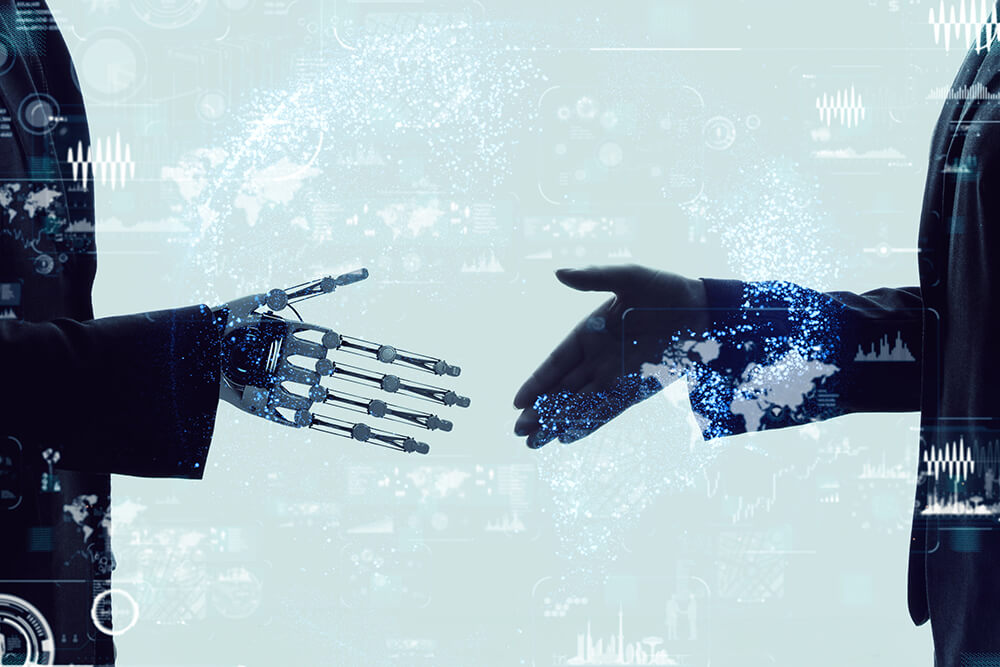
But this fourth industrial revolution – what I call the “intelligence revolution,” because it is being driven by AI and data – feels unprecedented in terms of the sheer pace of change. The crucial difference between this and the previous industrial revolutions is we’re no longer talking about generational change; we’re talking about enormous transformations that are going to take place within the next five, 10 or 20 years.
Here are the three biggest ways I see AI fundamentally changing the work that humans do, within a very short space of time.
1. More tasks and roles will become automated
Increasing automation is an obvious place to start since a common narrative surrounding AI is “robots are going to take all our jobs.” In many ways, this narrative is completely understandable – in a lot of industries and jobs, the impact of automation will be keenly felt.
To understand the impact of automation, PricewaterhouseCoopers analysed more than 200,000 jobs in 29 countries and found:
- By the early 2020s, 3 percent of jobs will be at risk of automation.
- That rises to almost 20 percent by the late 2020s.
- By the mid-2030s, 30 percent of jobs will be at the potential risk of automation. For workers with low education, this rises to 44 percent.
These are stark figures. But there is a positive side to increasing automation. The same study found that, while automation will no doubt displace many existing jobs, it will also generate demand for new jobs. In fact, AI, robotics, and automation could provide a potential $15 trillion boost to global GDP by 2030.
This is borne out by previous industrial revolutions, which ultimately created more jobs than they displaced. Consider the rise of the internet as an example. Sure, the internet had a negative impact on some jobs (I don’t know about you but I now routinely book flights and hotels online, instead of popping to my local travel agent), but just look at how many jobs the internet has created and how it’s enabled businesses to branch into new markets and reach new customers.
Automation will also lead to better jobs for humans. If we’re honest with ourselves, the tasks that are most likely to be automated by AI are not the tasks best suited to humans – or the tasks that humans should even want to do. Machines are great at automating the boring, mundane, and repetitive stuff, leaving humans to focus on more creative, empathetic, and interpersonal work. Which brings me to…
2. Human jobs will change
When parts of jobs are automated by machines, that frees up humans for work that is generally more creative and people-oriented, requiring skills such as problem-solving, empathy, listening, communication, interpretation, and collaboration – all skills that humans are generally better at than machines. In other words, the jobs of the future will focus more and more on the human element and soft skills.
According to Deloitte, this will lead to new categories of work:
- Standard jobs: Generally focusing on repeatable tasks and standardised processes, standard jobs use a specified and narrow skill set.
- Hybrid jobs: These roles require a combination of technical and soft skills – which traditionally haven’t been combined in the same job.
- Superjobs: These are roles that combine work and responsibilities from multiple traditional jobs, where technology is used to both augment and widen the scope of the work, involving a more complex combination of technical and human skills.
For me, this emphasises how employees and organisations will need to develop both the technical and softer human skills to succeed in the age of AI.
3. The employee experience will change, too
Even in seemingly non-tech companies (if there is such a thing in the future), the employee experience will change dramatically. For one thing, robots and cobots will have an increasing presence in many workplaces, particularly in manufacturing and warehousing environments.
But even in office environments, workers will have to get used to AI tools as “co-workers.” From how people are recruited, to how they learn and develop in the job, to their everyday working activities, AI technology and smart machines will play an increasingly prominent role in the average person’s working life. Just as we’ve all got used to tools like email, we’ll also get used to routinely using tools that monitor workflows and processes and make intelligent suggestions about how things could be done more efficiently. Tools will emerge to carry out more and more repetitive admin tasks, such as arranging meetings and managing a diary. And, very likely, new tools will monitor how employees are working and flag up when someone is having trouble with a task or not following procedures correctly.
On top of this, workforces will become decentralised (a trend likely to be accelerated by the coronavirus pandemic) – which means the workers of the future can choose to live anywhere, rather than going where the work is.
Preparing for the AI revolution
AI, and particularly automation, is going to transform the way we work. But rather than fear this development, we should embrace this new way of working. We should embrace the opportunities AI provides to make work better.
No doubt, this will require something of a cultural shift for organisations – just one of the many ways in which organisations will have to adapt for the intelligence revolution. Discover how to prepare your organisation for an AI-driven world in my new book, The Intelligence Revolution: Transforming Your Business With AI.
Related Articles
AI, Consciousness And Longevity: A Conversation With Deepak Chopra
By now, “smart” versions exist of just about every home appliance, gadget and gizmos we can think of. However, manufacturers continue[...]
AI Chatbots Are Quietly Creating A Privacy Nightmare
By now, “smart” versions exist of just about every home appliance, gadget and gizmos we can think of. However, manufacturers continue[...]
The Biggest Barriers Blocking Agentic AI Adoption
By now, “smart” versions exist of just about every home appliance, gadget and gizmos we can think of. However, manufacturers continue[...]
Space, AI, And The Future Of Human Potential
By now, “smart” versions exist of just about every home appliance, gadget and gizmos we can think of. However, manufacturers continue[...]
AI Agents Are About To Reshape The Future Of Business
By now, “smart” versions exist of just about every home appliance, gadget and gizmos we can think of. However, manufacturers continue[...]
The Marketing Metrics That Will Matter Most In The Age Of AI Agents
By now, “smart” versions exist of just about every home appliance, gadget and gizmos we can think of. However, manufacturers continue[...]
Sign up to Stay in Touch!
Bernard Marr is a world-renowned futurist, influencer and thought leader in the fields of business and technology, with a passion for using technology for the good of humanity.
He is a best-selling author of over 20 books, writes a regular column for Forbes and advises and coaches many of the world’s best-known organisations.
He has a combined following of 4 million people across his social media channels and newsletters and was ranked by LinkedIn as one of the top 5 business influencers in the world.
Bernard’s latest book is ‘Generative AI in Practice’.





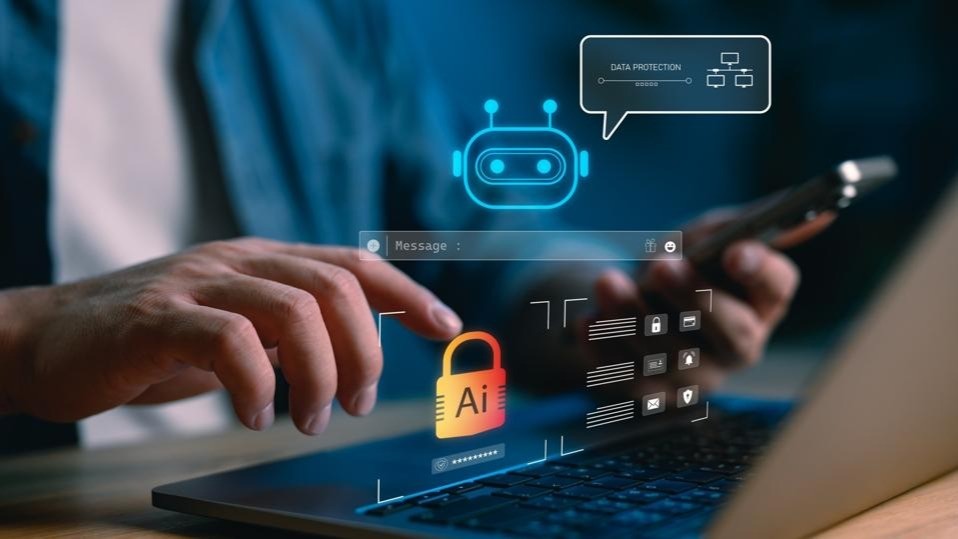
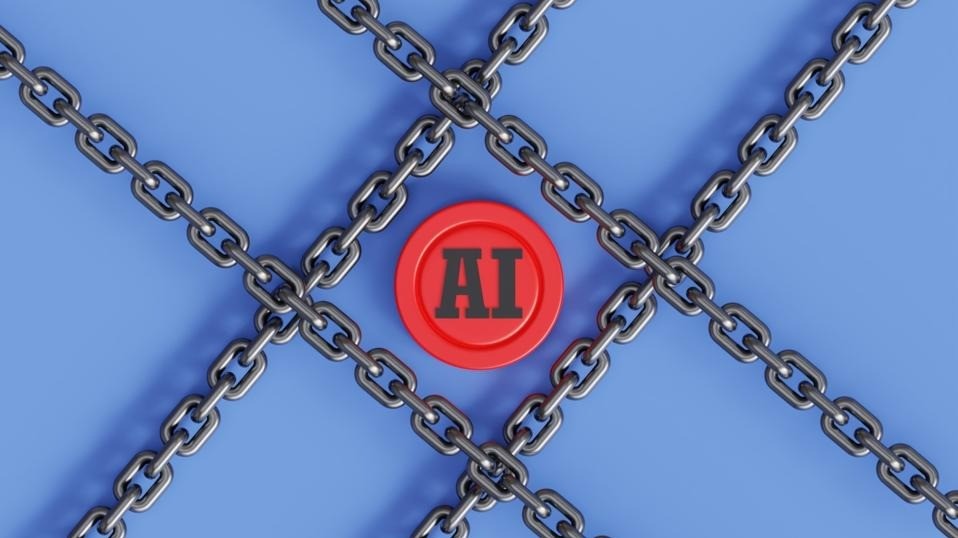
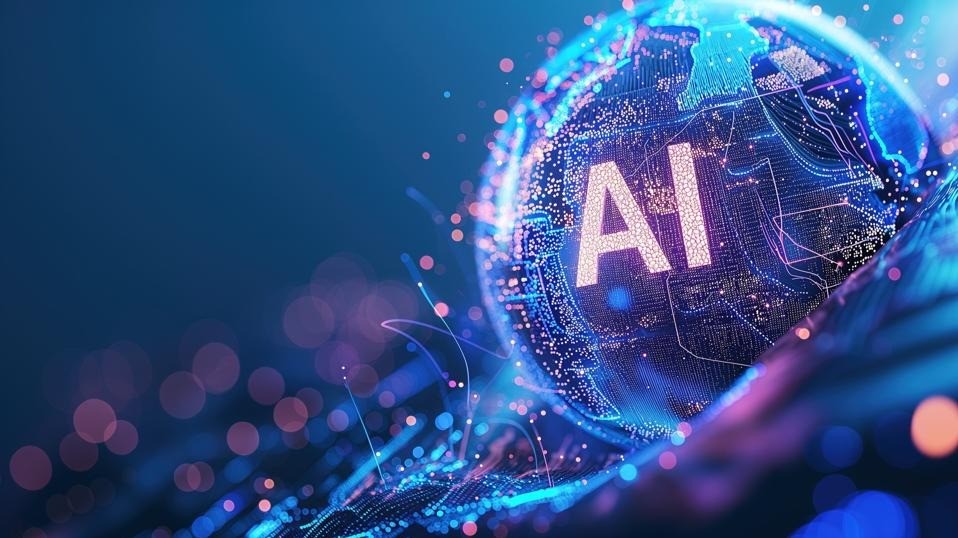
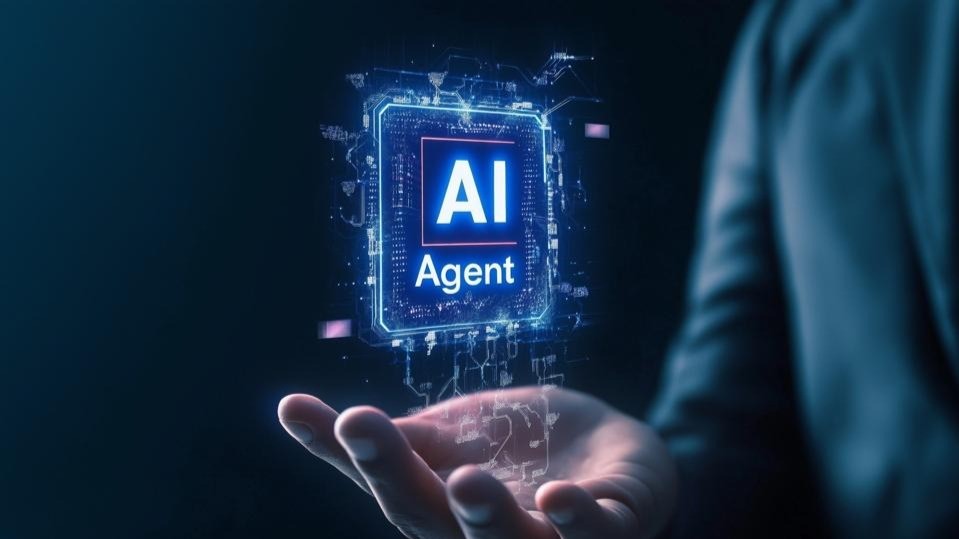
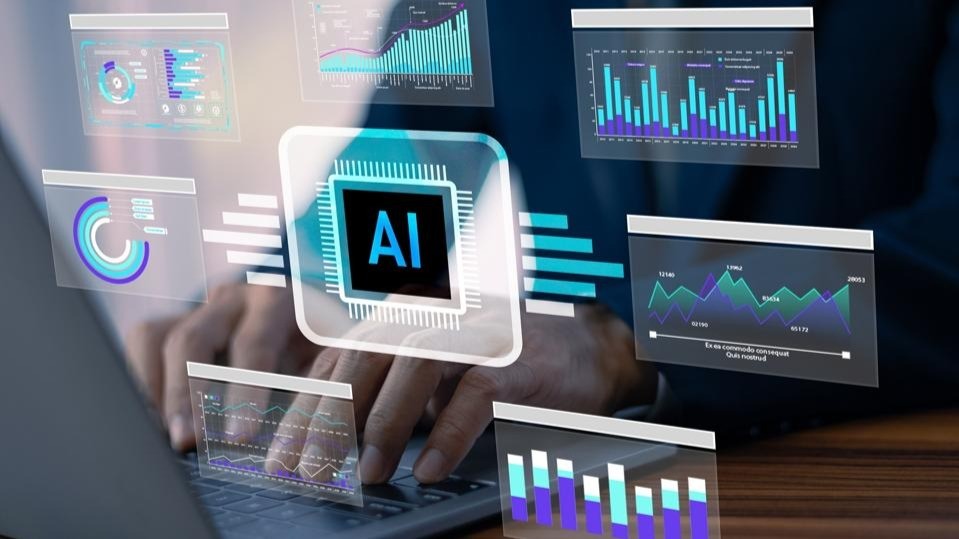
Social Media